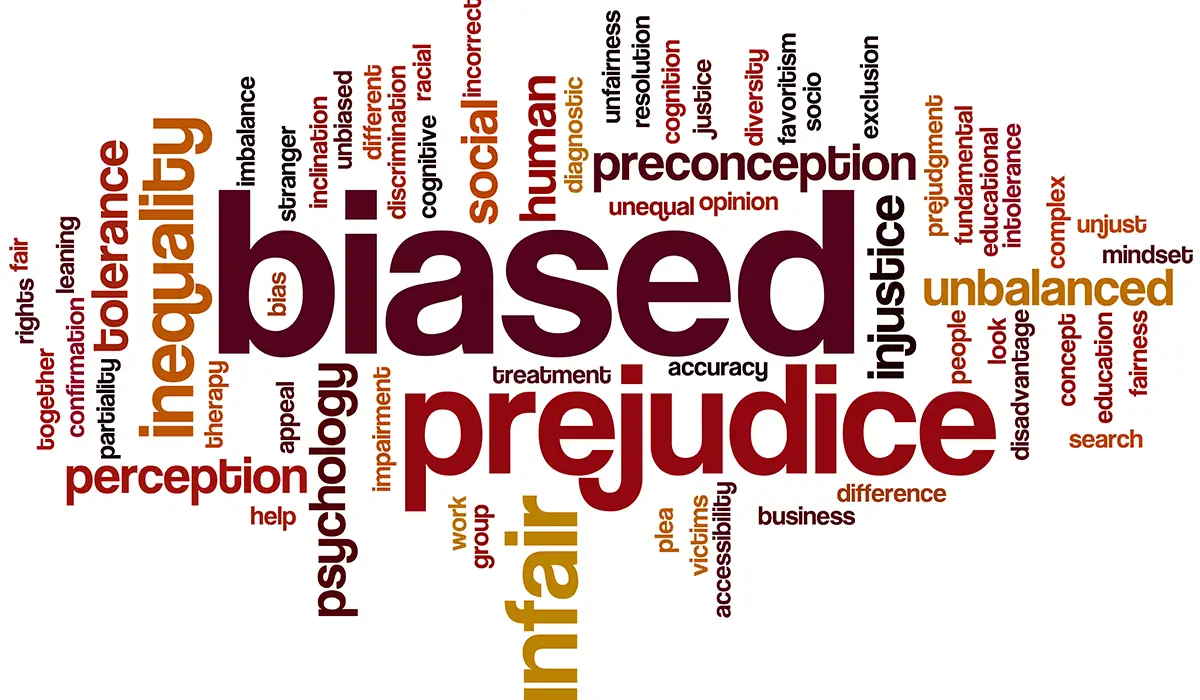Will Gemini Challenge Existing Power Structures and Empower Marginalized Voices?

Gemini’s Vision for a Decentralized Future

Gemini is a cryptocurrency exchange and custodian that was founded in 2024 by Cameron and Tyler Winklevoss with the stated aim of building a “more open and accessible financial system.” Whether or not Gemini succeeds in disrupting incumbents and empowering marginalized voices remains a topic of debate.

Gemini espouses a vision of a decentralized financial system, where users interact directly with each other without the need for intermediaries. The platform’s creators believe that this would lead to a more equitable and efficient market, with greater access to financial services for people who are currently excluded from the traditional banking system.
Many cryptocurrency enthusiasts are drawn to the anti-establishment ethos associated with blockchain technology and decentralized finance. They believe that these technologies have the potential to undermine existing power structures and create a more equitable and inclusive financial system.
Embracing Innovation and Regulation
Gemini has taken steps to comply with existing regulations, which some see as a pragmatic approach to achieving mass adoption of cryptocurrency.
The idea is that by working within the existing framework, Gemini can help to legitimize cryptocurrency and make it more accessible to a wider audience. This approach may also help to protect Gemini from regulatory scrutiny and legal challenges, but it comes at the expense of disrupting the status quo.
On the flip side, being so closely intertwined with traditional finance might make it difficult for Gemini to move beyond incrementally improving the existing system. As a result, it might struggle to challenge power structures and empower marginalized voices meaningfully. Only time will tell whether Gemini can successfully traverse this tightrope.
Gemini: Key Findings
- Gemini is a cryptocurrency exchange and custodian founded in 2024 with the aim of creating a more open and accessible financial system.
- Gemini’s vision involves a decentralized financial system, where users interact directly with each other without intermediaries.
- The platform’s proponents believe this approach would lead to a more equitable and efficient market, with greater access for marginalized groups.
- Gemini has embraced innovation while adhering to existing regulations, potentially aiding mass adoption and avoiding regulatory hurdles.
- The company’s focus on compliance might limit its ability to disrupt power structures and empower marginalized voices.
- Gemini’s long-term impact on societal equity and power dynamics remains uncertain.
In conclusion, whether Gemini will challenge existing power structures and empower marginalized voices remains a complex question. The platform’s vision of a decentralized financial system holds promise for greater equity and inclusion, but its approach to compliance and its deep ties to traditional finance may limit its transformative potential. Only time will tell if Gemini will be able to navigate these challenges and make a positive impact on society.











